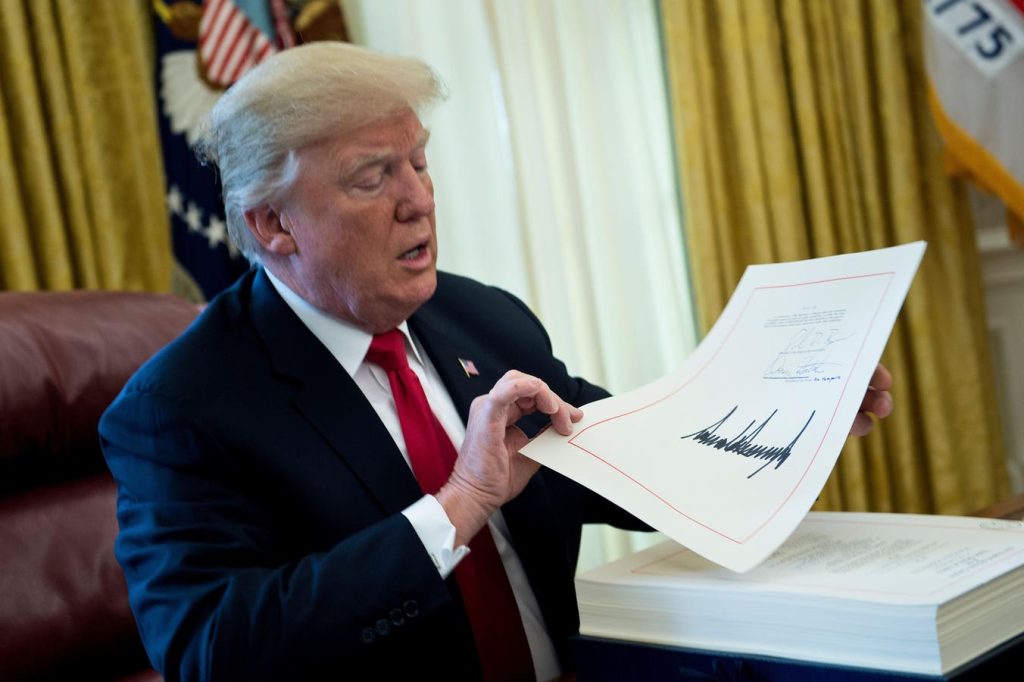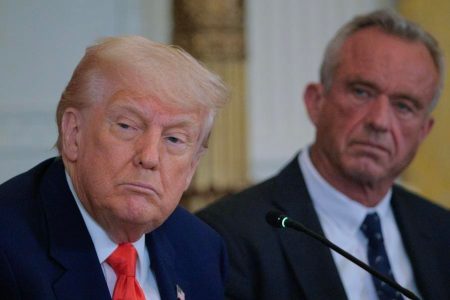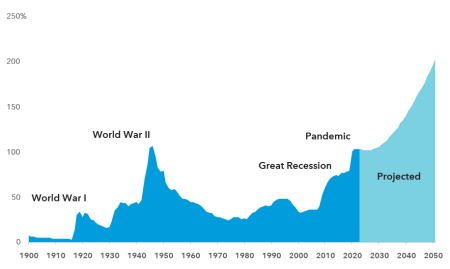The cornerstone of a successful second term for Donald Trump hinges on the swift enactment of substantial tax cuts. The economic downturn and persistent inflation were primary drivers of the Democratic Party’s losses in the previous election, underscoring the urgency for Republicans to prioritize tax relief. The expiration of Trump’s 2017 tax cuts at the end of 2024 presents both a challenge and an opportunity. Failure to renew and expand these cuts could significantly impede economic growth leading into the 2026 midterm elections, handing Democrats a considerable advantage. Such an outcome would not only be detrimental to the White House and the Republican Party’s prospects for the 2028 presidential election, but it would also negatively impact the American populace and the global economy.
The Republican Party’s current control of the House of Representatives is tenuous, and the majority of Senate seats contested in 2026 are currently held by Republicans, making retaining control of the Senate an uphill battle. Therefore, the Trump administration must prioritize the immediate formulation of a comprehensive tax cut proposal. A proactive approach, commencing in January, could generate crucial momentum, enabling expedited passage through both chambers of Congress via the reconciliation process. This proactive stance is not merely advisable; it’s essential.
Beyond simply preserving the 2017 tax reductions, further cuts are imperative to stimulate genuine prosperity. The current economic landscape is precarious, with excessive reliance on government spending, which necessitates significant curtailment. Postponing substantial tax cuts will inevitably delay a much-needed economic boom. Businesses and entrepreneurs require clarity on the “rules of the game” to make informed investment and hiring decisions, and individuals need predictability to manage their personal finances effectively. Tax cuts provide that necessary clarity.
History provides compelling evidence of the negative consequences of delayed tax cuts. The phased implementation of Ronald Reagan’s tax reductions in his first term meant that their full impact wasn’t felt until 1983, two years after he took office. This delay hampered economic growth and contributed to Democratic gains in the House during the midterm elections. A similar scenario unfolded during Trump’s first term, with the tax bill’s delayed passage in December 2017 costing a year of potential economic growth and culminating in a Republican loss of control in the House. Republicans must learn from these past mistakes and avoid a repeat performance.
A comprehensive tax cut bill must encompass several key elements: fulfilling President Trump’s pledges regarding tips, Social Security, and a 15% corporate tax rate for domestic profits. Furthermore, a substantial reduction in the capital gains tax, currently nearing 24%, would provide a crucial economic stimulus. This reduction would offer a twofold benefit: firstly, it would incentivize investment and boost equity prices, both positive for the economy; secondly, it would immediately generate increased revenue as individuals become more inclined to realize gains. Historically, capital gains tax cuts have consistently resulted in higher revenue.
In addition to these measures, the GOP should also consider reducing personal income tax rates, following the successful precedent set by Ronald Reagan. Expanding federal income tax brackets would also be beneficial, preventing individuals from being prematurely pushed into higher tax brackets as their income rises, thereby bolstering incentives. Regarding the limitations on state and local tax deductions, adjusting the existing language in the 2017 bill to eliminate the marriage penalty for joint filers could address this issue effectively. To maximize the positive impact, these new tax cuts should be made retroactive. Imagine the boost to national morale if, in late 2025 or January 2026 at the latest, individuals see a significant increase in their take-home pay. This would be a tangible demonstration of the positive effects of the tax cuts.
Finally, the GOP must also factor in the potential impact of tariffs. Depending on prevailing circumstances, President Trump may choose to implement tariffs, necessitating substantial tax cuts to offset their potential negative effects on the economy. The Republican Party should recognize that their political success, and indeed the nation’s well-being, are inextricably linked to a robust economy. Achieving and maintaining this economic vitality hinges on the prompt enactment of a substantial and well-crafted tax bill. This is not merely a policy recommendation; it’s a strategic imperative.










